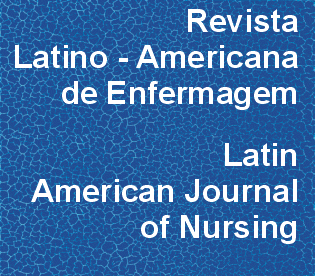Transference and group psychotherapy
DOI:
https://doi.org/10.1590/S0104-11692006000100015Keywords:
Psychotherapy^i2^sgr, therapeutics, mental healthAbstract
This study examines the concept of transference, focusing on its peculiarities in the group context. The nature of the therapeutic situation and the broad freedom given to patients in order to access the unconscious material at their own pace, within a safe environment and with as little censorship as can be managed, transference gradually takes place. Through displacement, the psychotherapist and group members are perceived not as they are, with their real attributes, but as one or more objects that arouse emotions coming from the infant world, more precisely from the collection of deep affective influences. One peculiarity of the group situation when compared to individual psychotherapy is that, in the former, multiple transferences coexist, which group members establish among themselves, enabling a wide range of possible feelings. Both treatment modes share the assumption that unresolved conflicts which stimulated patients to seek for help can be reduced or even abolished through the interpretation and working through of transference, which functions as a process of change throughout the psychotherapy.Downloads
Download data is not yet available.
Downloads
Published
2006-02-01
Issue
Section
Review Articles
License
RLAE’s authorship concept is based on the substantial contribution by each of the individuals listed as authors, mainly in terms of conceiving and planning the research project, collecting or analyzing and interpreting data, writing and critical review. Indication of authors’ names under the article title is limited to six. If more, authors are listed on the online submission form under Acknowledgements. The possibility of including more than six authors will only be examined on multicenter studies, considering the explanations presented by the authors.Including names of authors whose contribution does not fit into the above criteria cannot be justified. Those names can be included in the Acknowledgements section.
Authors are fully responsible for the concepts disseminated in their manuscripts, which do not necessarily reflect the editors’ and editorial board’s opinion.
How to Cite
Transference and group psychotherapy. (2006). Revista Latino-Americana De Enfermagem, 14(1), 110-117. https://doi.org/10.1590/S0104-11692006000100015



